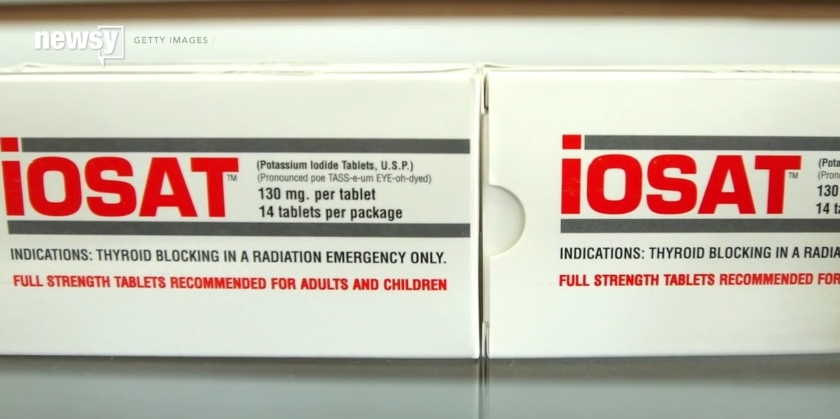Vitamin C’s antioxidant power found to reduce glucose levels in diabetics
05/28/2019 / By Cassie B.

One of the worst parts of a diabetes diagnosis for many people is the work that goes into keeping your blood sugar under control. Many people end up taking diabetes drugs despite their dangers and questionable efficacy simply because they want to take a pill and forget about it. While making dietary improvements is always worth the effort, scientists are now pointing to another good option for diabetics who are drawn to quick fixes: vitamin C.
A study that was published in the journal Diabetes, Obesity and Metabolism outlined the exciting finding. Australian researchers divided participants into two groups. One was given two 500-milligram doses of vitamin C each day, which is considered to be roughly 10 times the normal intake. The other group did not take vitamin C. Both groups were fed standardized meals, and continuous glucose monitoring was used across a period of four months to assess the outcome.
They discovered that the people who took vitamin C enjoyed a very significant drop – 36 percent – in blood sugar spike following meals. This, by extension, equated to three hours fewer per day spent in a state of hyperglycemia, which puts diabetics at risk of cardiovascular disease. Moreover, those who took vitamin C noted lower blood pressure, which means additional cardiovascular benefits.
The researchers identified the antioxidant properties of vitamin C as being responsible for counteracting the high free radical levels in diabetics and the other benefits reported. They praised the vitamin as a potentially cheap and effective way to help people address diabetes.
Of course, they were quick to clarify that they feel it should be considered an “effective additional therapy” alongside a healthy diet.
This is one of several studies that have looked into the relationship between vitamin C and diabetes. For example, a study carried out by researchers from New Zealand found that people who have type 2 diabetes have significantly lower vitamin C concentrations in their blood than those who have normal glucose tolerance. Meanwhile, people who have type 2 diabetes and prediabetes alike have higher proportions of vitamin C deficiency.
A different study, this one carried out by the Institute of Metabolic Science, found that people with the highest vitamin C levels enjoy a 62 percent reduction in their chance of developing type 2 diabetes after 12 years when compared to the people with the lowest levels of this important vitamin.
Vitamin C can do so much for your body
The prospect of vitamin C helping diabetics is excellent news, but it’s not terribly surprising to those who research the nutrient. That’s because its antioxidant strength has been shown to help reduce your risk of a host of chronic diseases, such as heart disease. Some studies have found that it can reduce your levels of bad cholesterol, or LDL cholesterol, and triglycerides. It also helps your body to absorb iron better, preventing deficiencies and the health problems that they can cause.
One of the biggest reasons many people turn to vitamin C, however, is its ability to boost immunity. You’ve probably seen vitamin C lozenges being marketed at those looking to prevent colds, and that’s because studies have shown it can reduce the severity and recovery time of colds. The vitamin also encourages the production of the white blood cells that protect your body from infections.
The diabetes study looked at very high levels of vitamin C, which means high-quality supplements might be the best route for those looking to use the nutrient to help with glucose control. However, you can also find high amounts of this vitamin in guava, acerola cherries, bell and chili peppers, kiwis, broccoli, oranges and kale.
Type 2 diabetes is a life-changing diagnosis. There are no quick fixes, but focusing on the right nutrients – such as vitamin C – can make a big difference in managing this illness.
Sources include:
Submit a correction >>
Tagged Under:
beat diabetes, blood sugar, diabetes, glucose control, glucose levels, natural cures, natural medicine, nutrients, Prediabetes, prevention, remedies, supplements, Type 2 Diabetes, vitamin C
This article may contain statements that reflect the opinion of the author
RECENT NEWS & ARTICLES
COPYRIGHT © 2017 SUPPLEMENTS REPORT





















